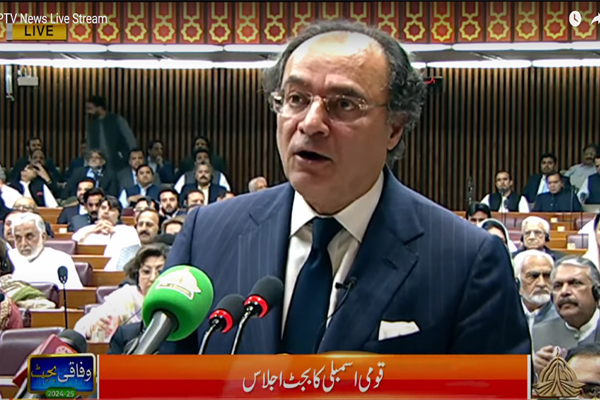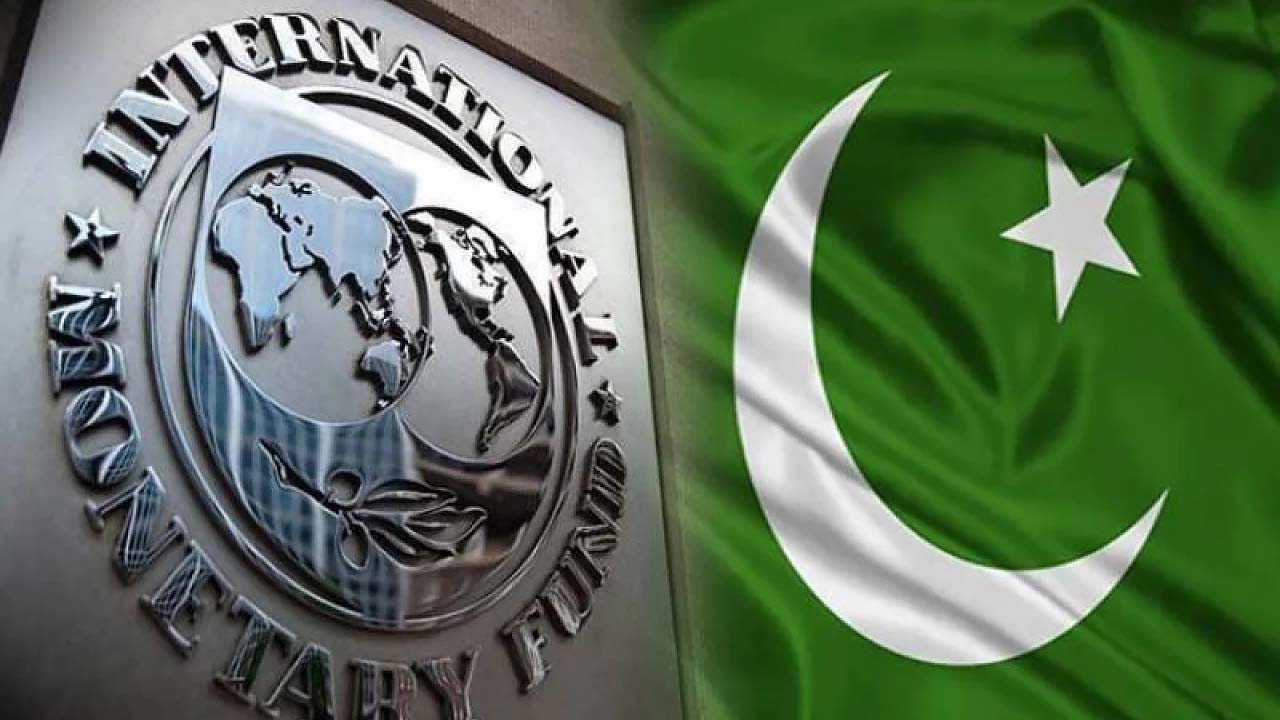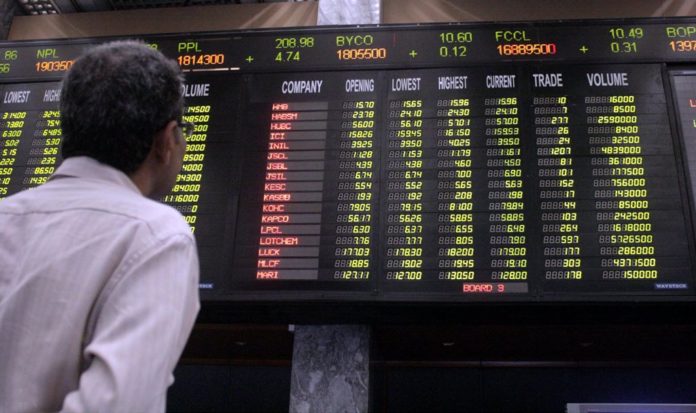PTBP Web Desk
Finance Minister Muhammad Aurangzeb emphasized on Monday the critical need for Pakistan to remain committed to its reform agenda. He stated that this steadfast approach is essential to ensure that the current International Monetary Fund (IMF) programme is the last one the country undertakes, setting the stage for long-term economic development.
Reform Agenda in Focus
Speaking at the National Assembly Standing Committee on Finance, Aurangzeb highlighted the core components of the reform agenda, which include taxation, energy policies, state-owned entities (SOEs), and public finances. He stressed that these reforms are not only necessary but are also strongly recommended by international and local stakeholders, including multilateral and bilateral partners and think tanks.
The meeting, chaired by Syed Naveed Qamar, covered key topics such as IMF commitments, revenue generation measures, and provincial fiscal responsibilities. The sensitive nature of these discussions prompted the department to request an in-camera session, which the committee partially agreed to, allowing selective discussions to be held behind closed doors.
Government Commitments to IMF
Aurangzeb provided a comprehensive briefing on the government’s commitments under the IMF programme. These commitments span various areas, including:
- Fiscal discipline: Meeting quantitative performance criteria and structural benchmarks.
- Governance and social sector reforms: Improving governance mechanisms and social safety nets.
- Energy sector restructuring: Addressing inefficiencies and promoting sustainable energy solutions.
- SOEs and investment policies: Reforming state-owned entities and encouraging private investment.
The committee was also informed about significant achievements, such as:
- Zero reliance on State Bank credit for government borrowing.
- Rationalisation of deposit insurance legislation.
- Control over the government’s primary budget deficit.
However, Aurangzeb warned that economic reforms would lose their impact without addressing the country’s growing population, which he identified as one of the most significant challenges to long-term stability.
Economic Improvements
The finance minister outlined recent economic improvements, highlighting a shift from deficits to surpluses in both primary and current accounts. Foreign exchange reserves have risen to cover two and a half months of imports. He noted that inflation has dropped sharply, from 38% to below 5%, while the policy rate has decreased from 22% to 15%, fostering private-sector credit growth.
Aurangzeb projected further stability in the coming months, with foreign exchange reserves expected to cover three months of imports by the second quarter of 2025. He also underscored the importance of continuing energy and economic reforms to meet pending IMF targets, particularly in the areas of privatisation and rightsizing.
Provincial Role and Tax Reforms
A significant portion of the discussion focused on the role of provincial governments in meeting IMF targets. The minister stressed that provincial engagement is critical, particularly in aligning agricultural income tax legislation with federal tax codes. These amendments, set to take effect in January 2025, aim to enhance tax compliance and expand the tax base.
The committee expressed concerns about the potential negative impact of tripling agricultural income taxes. It recommended exploring incentivized reduced rates to encourage compliance. Aurangzeb assured the committee of his commitment to working with provincial authorities to develop a balanced and comprehensive tax plan.
Future Outlook: World Bank Partnership and Structural Benchmarks
Aurangzeb revealed details about the upcoming 10-year Country Partnership Framework with the World Bank, making Pakistan the first country to adopt such a framework. This initiative will address existential challenges, including population growth, child stunting, and climate change, reflecting the government’s commitment to sustainable development.
The briefing also disclosed missed indicative targets for September 2024, including:
- Floor on the weighted average time-to-maturity of local currency domestic debt securities.
- General government budgetary spending on health and education.
- Net tax revenue collection by the Federal Board of Revenue (FBR).
The committee was informed about the 22 structural benchmarks within the programme, with 18 assigned to the federal government and four to the State Bank of Pakistan. These benchmarks include stopping gas supply to captive power plants and requiring provincial officers to disclose their assets, akin to federal officers.
Next Steps and Recommendations
The Federal Board of Revenue (FBR) Chairman provided insights into revenue slippages and measures to offset shortfalls. The committee requested a detailed briefing on the FBR’s transformation plan in its next meeting. Additionally, it sought updates on structural benchmarks, performance criteria, and indicative targets from the finance minister.
Aurangzeb reiterated that the government cannot provide tax incentives or issue net supplementary grants under the current IMF programme. He emphasized the necessity of adhering to strict financial discipline to achieve macroeconomic stability.




